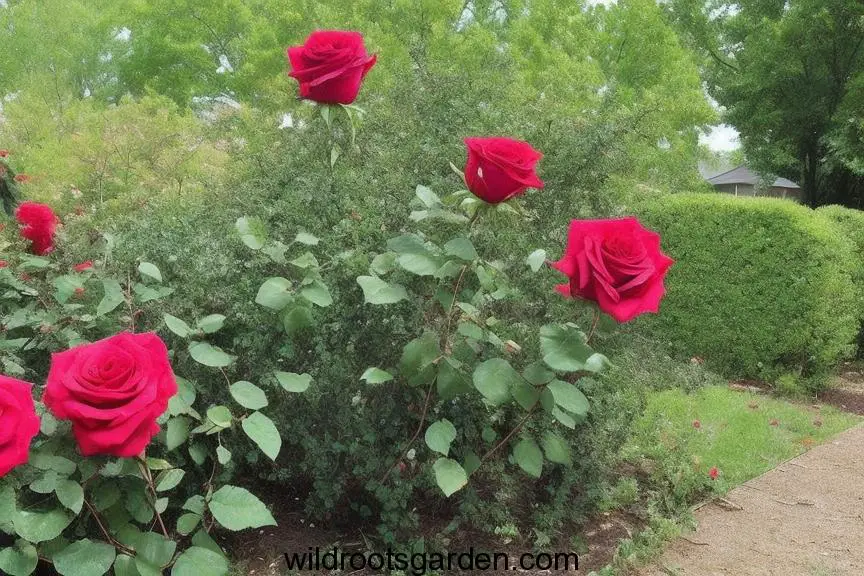My Rose Bushes Look Terrible. Discover how to resolve common problems, tend to your plants’ needs, and give them the rich, vivid appearance you want. Nothing is more depressing for a gardening enthusiast than admiring a once-beautiful rose garden only to discover the rose bushes looking awful and unappealing. Do not worry if your garden has fallen into disrepair owing to pests, diseases, or neglect; we are here to help you restore it to its former splendour. In this thorough tutorial, we’ll look at doable actions, professional advice, and tried-and-true methods to revive your rose bushes and get them flourishing once again. Thus, put on your work gloves and let’s get to work!
My Rose Bushes Look Terrible: Understanding the Causes
Overwatering Woes: The Drowning Dilemma
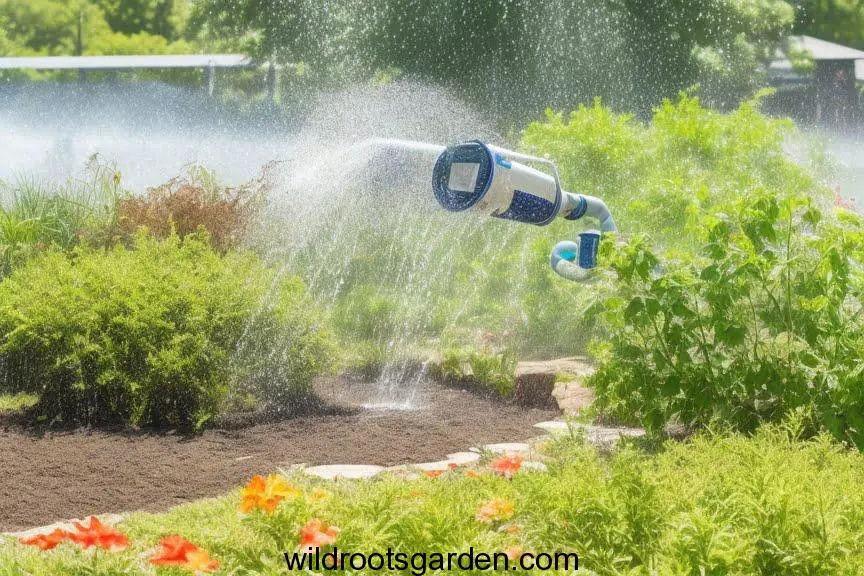
Overwatering is a common mistake made by many gardeners. While water is essential for plant growth, excessive watering can lead to root rot, yellowing leaves, and ultimately, terrible-looking rose bushes. Learn the signs of overwatering and how to strike the perfect balance for your roses.
Underwatering Blues: The Parched Predicament
Underwatering, on the other hand, may cause withering, stunted development, and ugly foliage. Learn how to spot dehydration in your rose bushes and create a regular watering schedule to keep them healthy.
Pest Infestations: The Creepy-Crawly Conundrum
Your rose bushes can suffer damage from insects like aphids, thrips, and spider mites, making them appear weak and ill. We’ll look into efficient all-natural ways to get rid of these pests and defend your garden from further harm.
Dreadful Diseases: The Fungal Fiasco
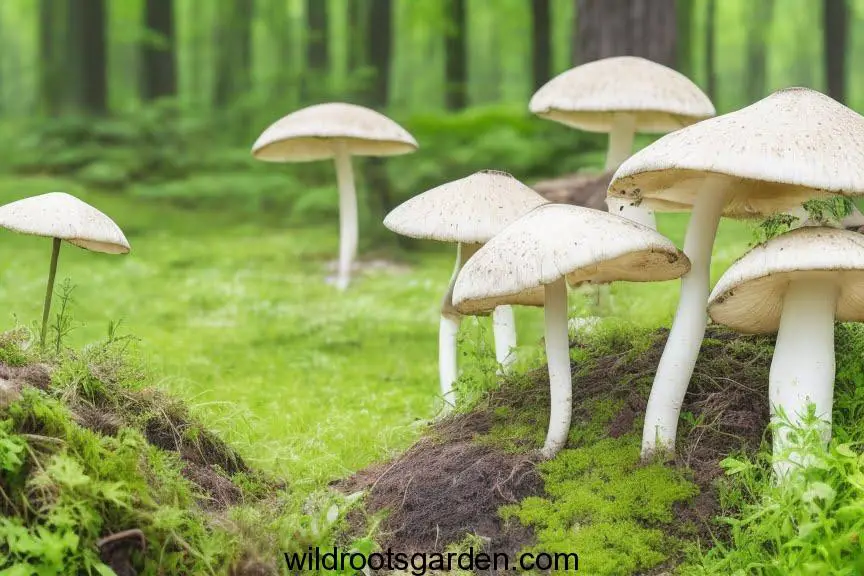
Your roses can become a terrible sight if they become infected with fungi like black spots and powdery mildew. To maintain your garden free of diseases, learn how to identify these illnesses and how to cure them.
Nutrient Deficiencies: The Hungry Plants
Weak, ugly rose bushes might result from a lack of vital nutrients. We’ll look at the essential components roses require and how to give them to them through appropriate soil management and fertiliser.
Pruning Predicaments: The Haphazard Haircut
Ineffective trimming can cause bushes to be malformed, produce less flowers, and seem generally untidy. Learn the skill of pruning and give your roses the exact trimming they require to thrive.
Environmental Extremes: The Weather Woes
Your rose plants can suffer damage from extreme weather, whether it’s sweltering heat or bitter cold. Discover how to provide your plants with healthy habitat and shield them from the elements.
Companion Planting: The Rose’s Allies
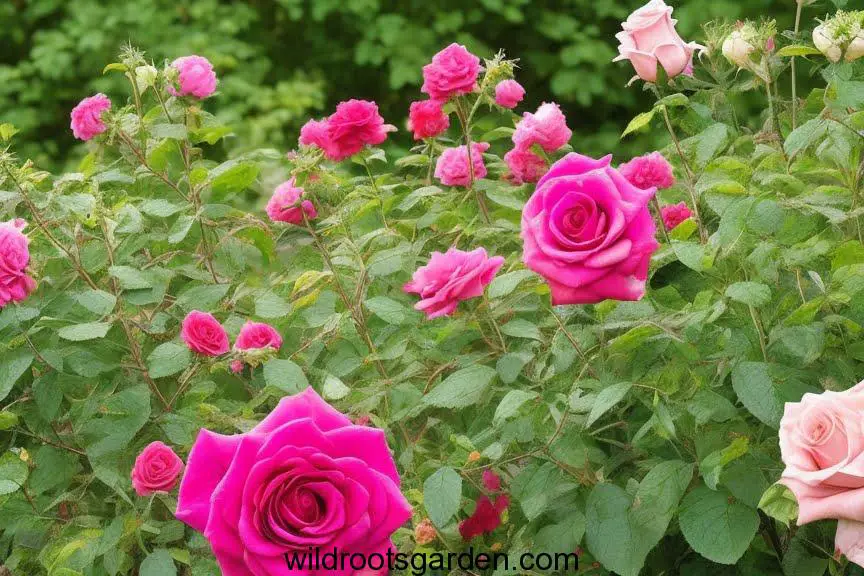
Your roses’ health and attractiveness can be improved with thoughtful companion planting. Learn which plants go well with roses and how to create a balanced garden environment.
Root Issues: The Underground Troubles
Healthy rose bushes are built on a foundation of strong roots. Learn how to identify issues with your roses’ roots and repair them for greater vitality.
Wrong Location: The Sun and Shade Struggle
The improper location for rose planting can result in slow growth and poor flowers. Increase the potential of different rose kinds by learning about the best environments for them.
Invasive Weeds: The Unwelcome Intruders
Roses face resource competition with weeds, which stunts their growth and scavenges nutrients. Learn efficient weed-control techniques to revive the health of your rosebushes.
Nurturing Your Rose Bushes Back to Life: Tips and Techniques
Providing the Perfect Soil: A Healthy Foundation
Rich, well-draining soil is vital for rose health. Understand how to amend your soil and create an optimal environment for your rose bushes to thrive.
Watering Wisdom: Quenching Their Thirst
Learn the right way to water your roses to avoid root problems and ensure proper hydration for your plants.
Pruning with Precision: The Artful Haircut
Master the art of pruning to encourage healthy growth, vibrant blooms, and an aesthetically pleasing shape for your rose bushes.
Feeding for Flourishing: Nourishing Your Roses
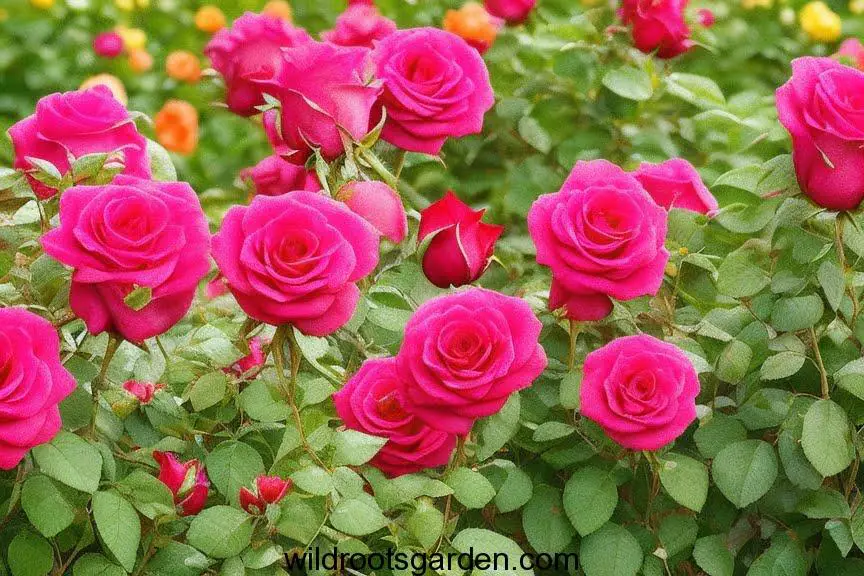
Discover the right fertilizers and feeding schedule to provide your roses with the essential nutrients they need to shine.
Pest Patrol: Defending Your Roses
Implement organic pest control methods to protect your roses from harmful insects without harming beneficial ones.
Disease Defense: Keeping Roses Healthy
Identify and combat common rose diseases while practicing preventative measures to ensure your roses stay disease-free.
Mulching Magic: The Protective Layer
Uncover the benefits of mulching and how it helps maintain moisture, suppress weeds, and protect your rose bushes.
Sun and Shade Solutions: Placing with Precision
Learn how to position your roses to make the most of sunlight while providing adequate shade during scorching hours.
Reviving Root Systems: Below the Surface
Rehabilitate damaged root systems and encourage strong, healthy roots for robust rose bushes.
Gardening Companions: The Perfect Partners
Explore companion planting strategies to enhance your rose bushes’ health and deter pests naturally.
FAQs
How often should I water my rose bushes?
Roses generally require one to two inches of water per week, but this may vary based on weather conditions and soil type. Be sure to check the soil moisture before watering and adjust accordingly.
What is the best time to prune my rose bushes?
The best time to prune roses is during late winter or early spring, just before new growth begins. This promotes healthy growth and abundant flowering during the growing season.
How can I identify and treat black spots on my roses?
Black spots on rose leaves are indicative of a fungal disease. Remove and destroy affected leaves, apply fungicides, and ensure proper air circulation to prevent its spread.
What are some natural ways to control aphids on rose bushes?
Ladybugs, neem oil, and soap sprays are natural and effective ways to control aphids without harming beneficial insects.
Can I use coffee grounds as a fertilizer for my roses?
Yes, coffee grounds can be used as a fertilizer for roses. They provide essential nutrients and improve soil structure when applied correctly.
Can I plant roses near other flowering plants?
Yes, planting roses near other flowering plants can create a beautiful and harmonious garden. Choose compatible companions that benefit each other’s growth.
With the knowledge and skills you’ve gained from this thorough guide, you can revamp your garden when your rose bushes start to look bad. You can bring back the beauty and vitality of your cherished roses by comprehending the underlying causes, taking the appropriate care, and embracing natural treatments. So, let your green thumb develop and watch your garden once more bloom with beautiful roses.

